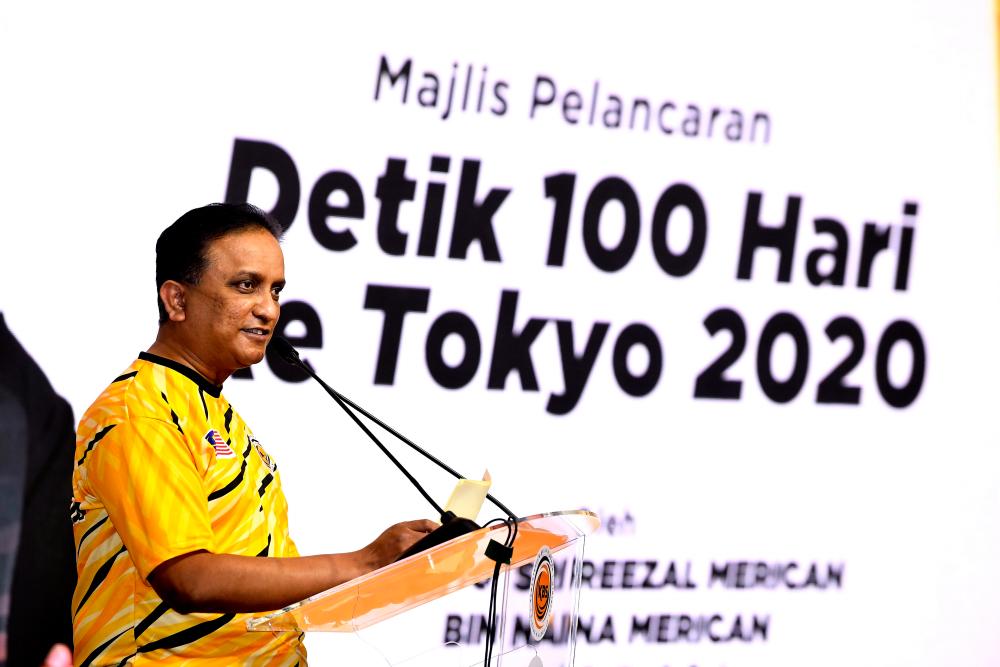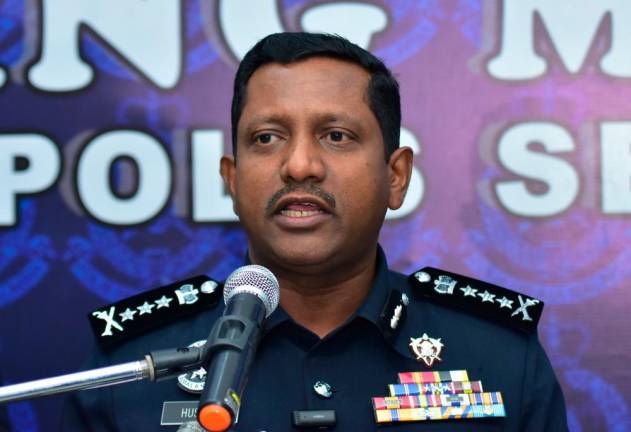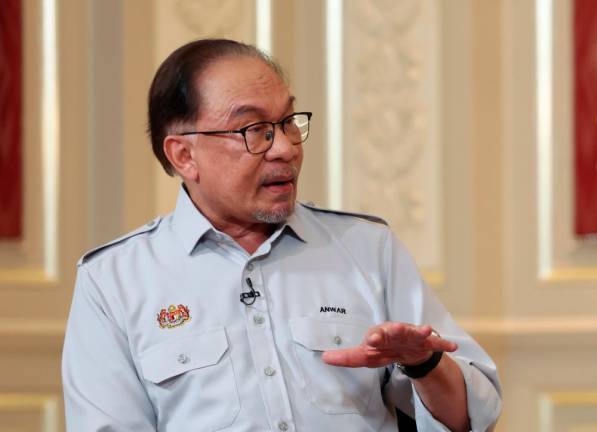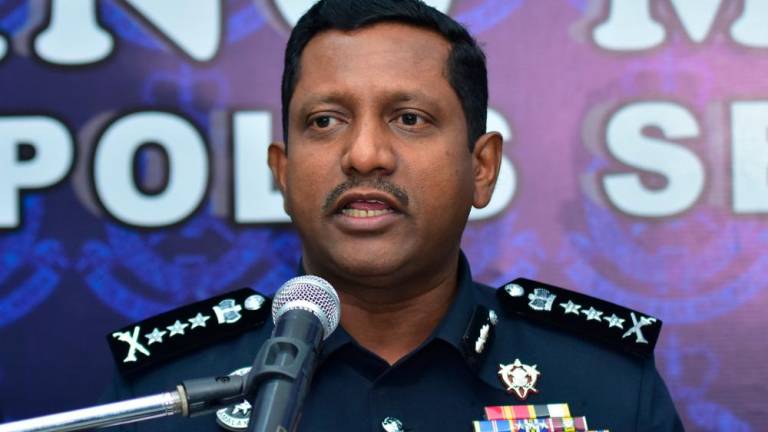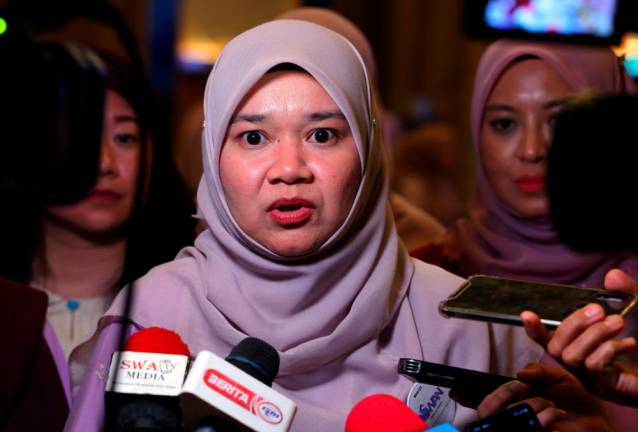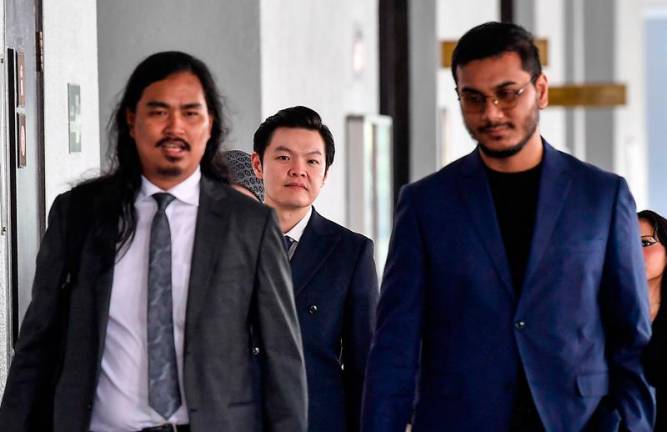PETALING JAYA: Despite concerns that the fourth wave of Covid-19 may hit Japan, the Malaysian contingent is all prepared to participate in the Tokyo Olympics.
Almost all athletes who are expected to qualify have already been given the first dose of the Covid-19 vaccine and are awaiting their second dose next month before departing for Japan.
A bigger concern is, in fact, the postponement or cancellation of other tournaments the Malaysian athletes are to compete in before the Olympics.
They need to compete in those tournaments to qualify for the Tokyo games, according to Olympic Council of Malaysia (OCM) president Tan Sri Norza Zakaria.
In a report last Friday, Reuters quoted health expert Kazuki Shimizu of the London School of Economics as saying any decision to go ahead with the games should be reconsidered “as a matter or urgency”.
However, Tokyo Olympics 2020 chief Seiko Hashimoto said Japan was committed to holding a safe games. Quasi-emergency measures have been expanded to 10 regions less than 100 days before the games begin on Aug 8.
The Tokyo Olympics was originally scheduled to be held last year, but was postponed because of the Covid-19 pandemic.
Norza told theSun none of the Malaysian athletes have declined to be vaccinated. “Even those who are undergoing training abroad have made arrangements to take the jabs,” he said.
Among them are elite track cyclists Azizulhasni Awang and Muhammad Shah Firdaus Sahrom, both of whom are in Australia.
The International Olympic Committee has not made it mandatory for athletes and officials to be vaccinated before leaving for Tokyo.
A bigger problem that the OCM faces is to get enough athletes who qualify.
“As a result of the pandemic, many tournaments that our athletes are due to participate in have been postponed or cancelled. This will have an impact on their chances of qualifying for the Tokyo Olympics,” Norza said.
Youth and Sports Minister Datuk Seri Reezal Merican Naina Merican had recently given the assurance that the safety and well-being of the athletes would be a priority.
Norza said the original plan was for the athletes to leave for Japan about a month before the games to adapt and acclimatise themselves with the weather conditions.
“However, with the Covid-19 situation, we will now only depart for Tokyo five days ahead of the start of the games, and leave one or two days after the closing ceremony,” he added.
The Malaysian contingent is expected to have about 30 athletes, 12 of whom will be shuttlers. Malaysia’s best chance of securing its first Olympic gold is in badminton. Also in the team are those in golf, diving, karate and athletics.
Universiti Malaya professor of epidemiology and public health Prof Dr Sanjay Rampal said vaccinations for athletes and others participants in the contingent should decrease the risk of infection and its severity but it is not a bulletproof shield.
He said making vaccines mandatory will pose a difficult ethical dilemma.
“A better option is to counsel those going to the Tokyo Olympics on the benefits and harm of the vaccine and letting them make an informed decision,” he said.
“The IOC also plans to release updated protocols aimed at decreasing the likelihood of transmission during the Olympics. The initial plan includes compulsory testing within 72 hours of flying, on arrival and every four days,” he pointed out.




